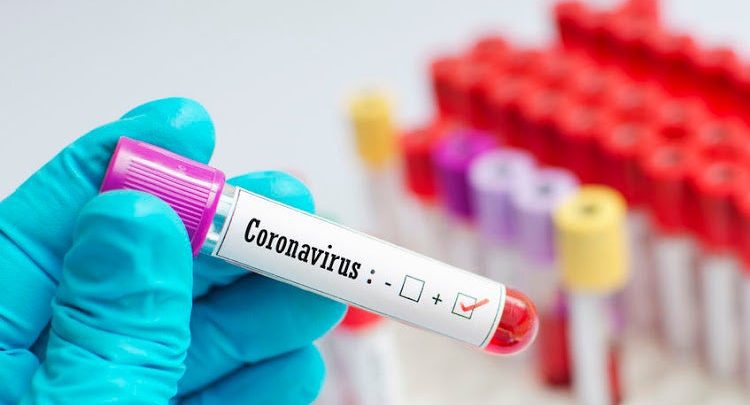
At a time when Covid-19 infections under the second wave continue to rise in Zimbabwe, the low numbers of patients admitted at hospitals have raised eyebrows and elicited questions on the welfare of those being managed at home.
As of January 26, 2021, statistics from the Ministry of Health and Child Care, said the country has recorded 32 304 confirmed cases of Covid-19, with 23 687 recoveries and 1 122 deaths.
The National Recovery Rate stands at 73.2 percent as 274 new recoveries were reported on the day bringing the number of people who still have active Covid-19 to 7 495.
From the total number of confirmed coronavirus cases, the health ministry said there were only 205 people hospitalised with Covid-19.
Of the 205 hospital admissions, 127 patients had mild to moderate conditions, 65 were severe and 13 people were in intensive care units.
Previously, the Ministry of Health and Child Care did not indicate how many people are admitted at hospitals, are critical or are still recovering and only started doing so after reports that hospital beds were fast running out for Covid-19 patients.
Speaking at a recent dialogue hosted by the Zimbabwe Congress of Trade Union (ZCTU) on the country’s national response to Covid-19, Chairperson of the Parliamentary Portfolio Committee on Health and Child Care, Dr Ruth Labode said the statistics on people who were hospitalised and those sent home were worrying.
“For the past two days we have had sessions with the ministry of health, wanting to verify facts. ( On Monday, January 25, 2021, the Health and Child Care Ministry represented by the Head of Monitoring and Evaluation in the Ministry, Dr Robert Mudyiradima and the Director of Epidemiology and Disease Control, Dr Portia Manangazira appeared before the Parliamentary Portfolio Committee on Health and Child Care giving oral evidence on the Covid-19 situation in Zimbabwe.) We wanted to find out if we have enough Personal Protective Equipment and where they are coming from, why we are not testing enough, especially going as far as district level,” she said.
Dr Labode added the Parliamentary Portfolio Committee on Health and Child Care also wanted to know the reasons behind the few hospitalisations.
“Statistics show that we have a lot of positive patients yet we have very few patients admitted … This means that patients are either denied admissions to hospitals, or hospitals are too expensive for patients or patients have just given up. Because of lockdown and rural traffic impossibilities, they are unable to reach the hospitals so patients are in their homes and in communities,” she said.
“Once you are in communities, knowing that 70 percent of the population is poor and unemployed, of which there may be 10 people in one house – you cannot quarantine yourself and are more likely spreading it,” she said.
Dr Labode said since most patients who had Covid-19 were at their homes, the government must reactivate home based care.
“If we are opting to send back patients home, let’s reactivate the home based care nurses so that at least there’s a follow up. We also raised questions as to why nobody is telling us what prescriptions are people who are positive taking at home. Those who can afford are likely to be given prescriptions of a few drugs which are used such as Azithromycin and Aspirin but we know a majority of people go home and take Zumbani,”she said.
The parliamentarian proposed that doctors must come up with a Covid-19 kit made up of drugs that would be given free to patients who were not admitted in hospitals.
Dr Labode also noted that as parliamentarians they were unable to verify a lot of issues said by the health ministry because they could not go to institutions.
“We were told Mater Dei has zero admissions and because some of us live in Bulawayo, during that zoom meeting (with the ministry of health officials), we phoned Mater Dei, which said they had 17 admissions. This shows that somebody was just making up results. We were also told many places have zero but we can’t go there because of our safety so we can only phone and those are the challenges,” she said.





